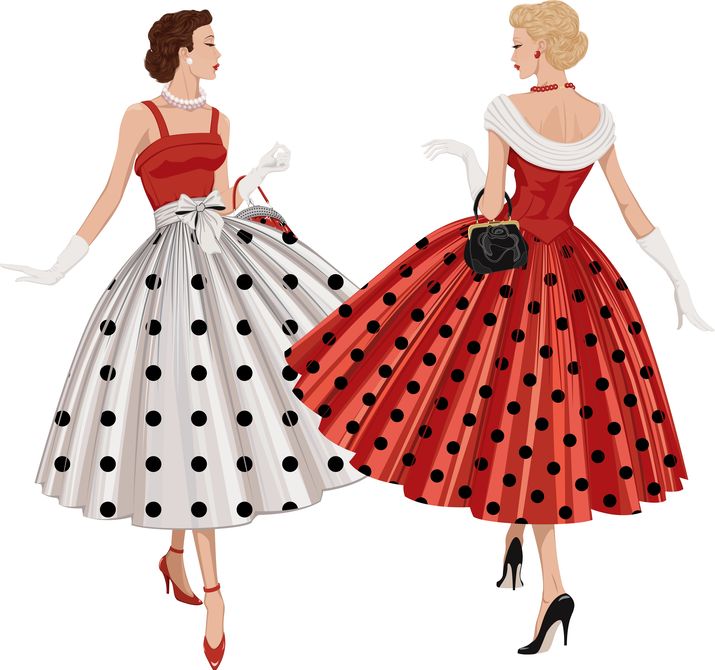
First impressions matter, and clothing plays a pivotal role in how we perceive and connect with others. Learning how to compliment someone’s clothing appropriately can enhance your social interactions and brighten someone’s day—when done correctly.
What we wear is personal. Whether someone describes their style as casual and sporty, savvy professional, cool and confident, free-spirited, or romantic, their clothing choices reflect their personality and mood. When you compliment someone’s outfit thoughtfully, you’re acknowledging their personal expression and the effort they put into their appearance.
However, complimenting clothing isn’t always straightforward. Since appearance can be a sensitive topic, people easily detect insincere or inappropriate comments about their attire.
Understanding Your Motivation
Before offering any clothing compliment, examine your true intentions. Your motivation determines whether your compliment will be well-received or create discomfort.
Avoid complimenting someone’s clothing when:
- Your motive is self-serving.
If you’re seeking attention for yourself, others will sense this insincerity.
- You have romantic intentions.
In professional settings or with new acquaintances, flirtatious compliments about clothing can be perceived as inappropriate.
- You’re physically attracted to someone.
Compliments with romantic undertones can make the recipient uncomfortable, especially in workplace environments.
- Your language carries sexual implications.
Any comment that focuses on how clothing fits someone’s body crosses professional and social boundaries.
Offer clothing compliments when:
- The item reminds you of a positive memory or experience.
- You genuinely admire the style, color, or craftsmanship.
- Your intention is purely to appreciate their fashion choice.
- You want to acknowledge someone’s obvious effort in dressing for an occasion.
The Group Compliment Strategy
My sister, a middle school teacher, explains the rule she practices that works for anyone, “If you notice and want to compliment a person on what that person is wearing, and the person is in a group, compliment the group.”
- “You all look fantastic today!”
- “There’s so much confidence and style in this group!”
This approach prevents singling someone out, which can create jealousy or uncomfortable dynamics among friends or colleagues.
Best Practices for Clothing Compliments
Essential Guidelines:
- Always Compliment Face-to-Face
Avoid commenting on someone’s clothing through third parties or in their absence. Direct, personal compliments feel more genuine and prevent misinterpretation. - Keep It Brief and Sincere
Effective clothing compliments are short, sweet, and authentic. Try phrases like:
“I love that color on you!”
“Your style is always so polished”
“That’s a great choice for today’s event” - Don’t Dwell on the Topic
After delivering your compliment with a genuine smile, transition to another conversation topic. Lingering on someone’s appearance can make them self-conscious. - Focus on Choice, Not Body
Compliment the clothing item, color coordination, or style choice rather than how the clothing fits someone’s physical attributes.
Rather than defaulting to appearance-based compliments as conversation openers, consider these alternatives:
- Ask about their interests or hobbies
- Comment on current events or shared experiences
- Inquire about their work or projects
- Discuss mutual connections or interests
These approaches often lead to more meaningful conversations and help you discover someone’s personality beyond their outfit choices.
In workplace environments, clothing compliments require additional sensitivity. Focus on professionalism and style rather than personal attractiveness. Comments like “That’s a sharp blazer” or “Great choice for the presentation” maintain appropriate boundaries.
All etiquette around clothing compliments centers on one principle: respect. If you have any doubt that your intended compliment might be perceived as insincere, inappropriate, or disrespectful, it’s better to remain silent.
Remember, the goal of complimenting someone’s clothing should be to make them feel appreciated and confident, not uncomfortable or objectified.
You may also enjoy reading . . .


